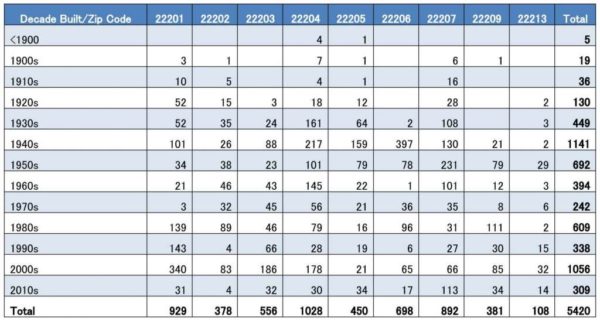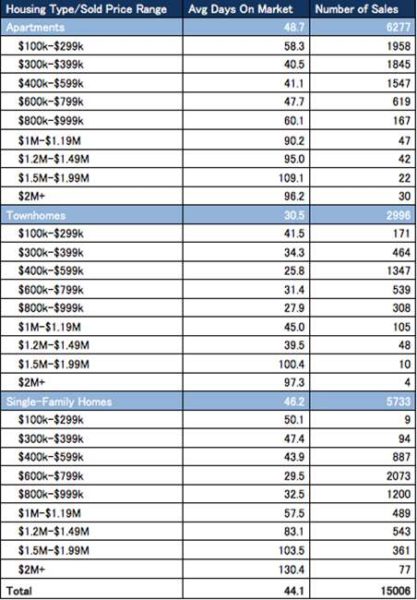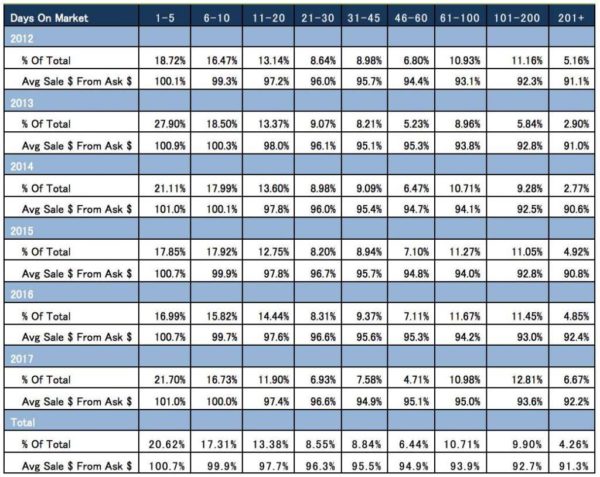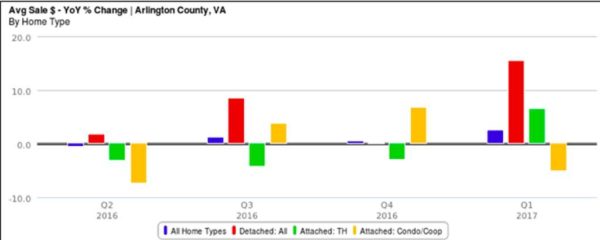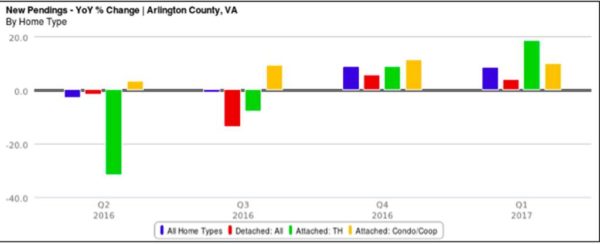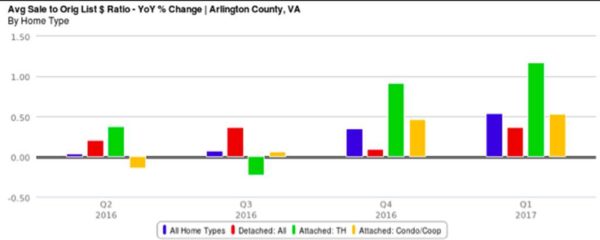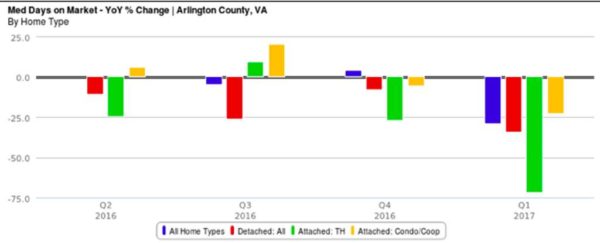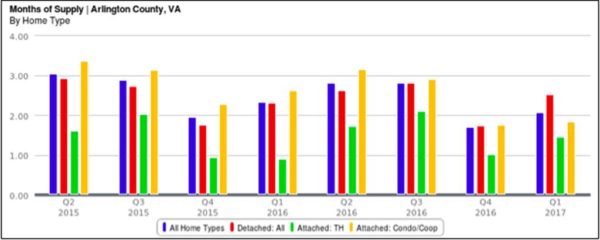
This regularly-scheduled sponsored Q&A column is written by Eli Tucker, Arlington-based Realtor and Rosslyn resident. Please submit your questions to him via email for response in future columns. Enjoy!
Question: Square footage seems randomly reported on different websites. Why is that and what is it supposed to include? Is the math on $/sqft the same across all sizes or is there a diminishing return at a certain point where more square footage doesn’t translate into more value?
Answer: Total square footage, above grade square footage, and $/sqft are some of the most common criteria and valuation metrics used in real estate, but square footage is also one of the most inconsistent data points we have. For purposes of this column, I will talk in terms of finished square footage used in real estate sales. County appraisers include unfinished space (e.g. storage, garage, decks) at a discounted rated in their tax assessment calculations.
How Is Square Footage Calculated?
I haven’t come across a published definition of how Arlington calculates finished/livable square footage, but in speaking with county tax appraisers it’s considered interior space with finished flooring and walls, and part of the home’s heating and cooling systems. I believe ceiling height (minimum 7 feet) is a factor as well. It does not include garages, decks, attics, or raw storage. It does include closets and bathrooms that are part of finished areas of the home.
Square footage is measured from the framing or exterior walls, so often times the County’s square footage is higher than the usable square footage inside the finished walls of a home.
What Do Most Websites Use?
MRIS, which is the database of record used by REALTORS and where most consumer-facing websites pull data, contains a few fields for square footage.
Taxable Living Area: Pulled from the tax record for above-grade (above ground) finished square footage. It’s a bit of a misnomer because it does not include taxable living space in the lower level(s) of a home.
Above/Below Grade Finished: This is an optional field entered by the Agent to calculate total square footage
Above/Below Grade Unfinished: This is an option field entered by the Agent and does not impact total square footage
Total Finished: Sum of above and below grade finished square footage, if entered by Agent
In my experience, most consumer-facing websites will use the total finished square footage if it’s available and default to the above-grade square footage from the tax record if it is not. Zillow seems to do the best job of pulling from multiple public data sources to get total square footage, even if the Agent hasn’t entered it into MRIS. On the other hand, Zillow allows homeowners and Agents to edit this data. Most square footage readings entered into MRIS by Agents are based on measurements between finished walls, not from the framing.
Common Data Problems
Be careful using square footage to define search criteria or for home valuations because the data can be flawed. Here are some common issues I run into:
Total square footage not entered: If an Agent doesn’t enter data for above and/or below grade finished square footage, the total square footage field is a null value.
New homes: In most cases new construction has a taxable living area in MRIS (from tax record) of zero or if it was a tear-down, it likely has the square footage of the original home which is generally much smaller.
Split Levels/Foyers: Split Levels and Split Foyers were a common design in the 1960s-1980s and usually about half of the total square footage of the home is considered lower level or below grade. In most cases, the square footage number pulled by MRIS from the tax record is only the upper level and thus only about half of the total size is automatically listed.
Additions: If a home has an unpermitted addition or the tax record was never updated, the MRIS taxable square footage will be low and unless the total square footage was entered, the extra space won’t show up.
Condos and townhomes are generally much more reliable when using square footage as a criteria/valuation factor than single family homes.
Price per Square Foot To Compare Values
$/sqft can be an effective valuation tool when you’re assured that the square footage values you’re using in your calculations are accurate and when you’re comparing properties of similar size. For example, a 600sqft condo selling for $350,000 is nearly $600/sqft while a $2 million single family home with 6,500sqft is just over $300/sqft. Most condos trade in the $400-$700/sqft range and most single family homes trade in the $200s.
I generally avoid using $/sqft when valuing single family homes because the prevalence of inconsistent data introduces too much risk. However, $/sqft can be an effective valuation tool for condos and townhomes, especially when comparing values within the same community where fees and square footage measurements are consistent across each unit.
If you’d like a question answered in my weekly column, please send an email to [email protected]. To read any of my older posts, visit the blog section of my website at http://www.RealtyDCMetro.com.
Eli Tucker is a licensed Realtor in Virginia, Washington DC, and Maryland with Real Living At Home, 2420 Wilson Blvd #101 Arlington, VA 22201, (202) 518-8781.




